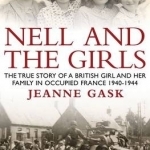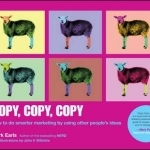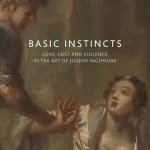The Man Who Created the Middle East: A Story of Empire, Conflict and the Sykes-Picot Agreement
Book
At the age of only 36, Sir Mark Sykes was signatory to the Sykes-Picot agreement, one of the most...

Putin
Chris Hutchins and Alexander Korobko
Book
Putin is the highly personal biography of Russia's leader - a man many regard as the world's most...

Nell and the Girls
Book
'Goodbye! There's my good girl.' The German got hold of Papa's arm roughly and said, 'Come on!' They...

Medical Practice Variations: 2016
Ana Johnson and Therese A. Stukel
Book
This title deals with internationally documented variations in medical practice and health service...

Copy, Copy, Copy: How to Do Smarter Marketing by Using Other People's Ideas
Mark Earls and John V. Willshire
Book
THE #1 HACK FOR SMARTER MARKETING We all want new answers and new solutions for the very real and...

The Wood for the Trees: One Man's Long View of Nature
Book
From one of our greatest science writers, this biography of a beech-and-bluebell wood through...

The Wood for the Trees: The Long View of Nature from a Small Wood
Book
From one of our greatest science writers, this biography of a beech-and-bluebell wood through...

Tripoli: A History
Book
It has been called a "Noble Possession", abused as "A Nest of Corsairs" and extolled as "The Pearl...

Catastrophe 1914: Europe Goes to War
Book
From the acclaimed military historian, a new history of the outbreak of World War I: the dramatic...

Basic Instincts: Love, Lust and Violence in the Art of Joseph Highmore
Book
Published to coincide with the exhibition at the Foundling Museum in London, this fascinating book...
